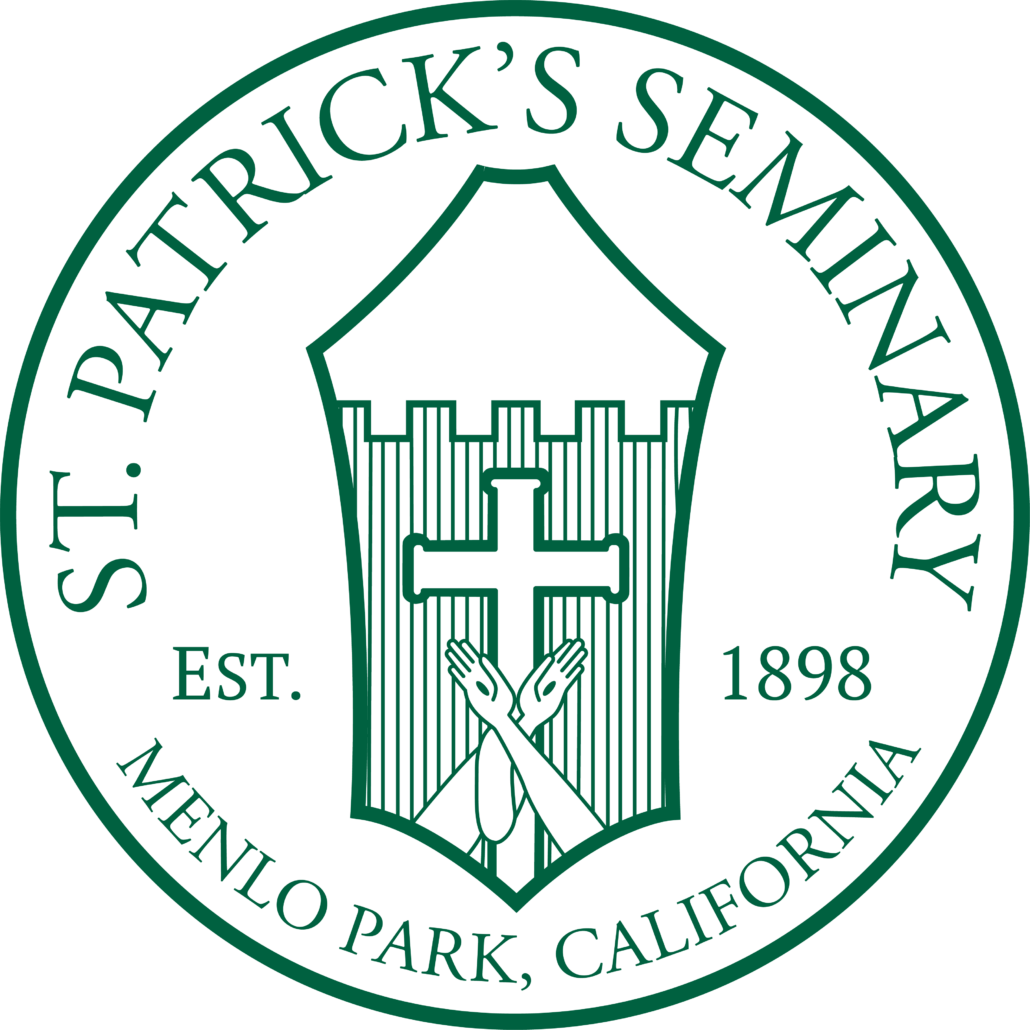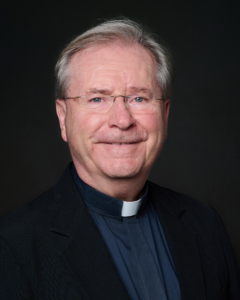Propaedeutic Stage
The propaedeutic stage seeks to provide seminarians with the basic groundwork they need to engage in priestly formation. Through no fault of their own, the requisite qualities for formation are often missing in new seminarians. A significant imbalance is present between the lifestyle promoted by contemporary society and priestly formation. There are many generous young men open to a priestly call who nevertheless need more intensive preparation before they are ready to enter into the discipleship stage of formation; thus, a propaedeutic stage prior to the discipleship stage is essential. Indeed, even men who have benefited from stronger formation from family and parish life can still profit from a period of consolidation and growth in prayer, trust, and fraternity.
Given that men discern a priestly vocation and apply to a formation program for an ecclesiastical entity from a variety of life circumstances, the propaedeutic stage satisfies the “need to dedicate a period of time to preparation of an introductory nature, in view of the priestly formation to follow or, alternatively, of the decision to follow a different path in life.” While the way in which the propaedeutic stage is accomplished in ecclesiastical entities will vary, nonetheless, the stage is mandatory for all men in initial formation.
Formation is a lifelong journey. It is important to lay a solid foundation for this journey in the propaedeutic stage, especially in the human and spiritual dimensions, such that the seminarian can thrive in the discipleship, configuration, and vocational synthesis stages of formation.
(PPF 6th Ed., 119–120)
Human Dimension
The foundation and center of all human formation is the Word made flesh. In his fully developed humanity, he was truly free and with complete freedom gave himself totally for the salvation of the world. Pastores Dabo Vobis expresses the Christological foundation of human formation: “The Letter to the Hebrews clearly affirms the ‘human character’ of God’s minister”: “he comes from the human community and is at its service, imitating Jesus Christ ‘who in every respect has been tempted as we are, yet without sin’ (Heb 4:15).”
The basic principle of human formation is found in Pastores Dabo Vobis: the human personality of the priest is to be a bridge and not an obstacle for others in their meeting with Jesus Christ, the Redeemer of the human race. As the humanity of the Word made flesh was the instrumentum salutis, so the humanity of the priest is instrumental in mediating the redemptive gifts of Christ to people today. The disciple of Jesus Christ is a person who is free to be who he is in God’s design: someone who does not—in contrast to the popular culture—conceive or pursue
freedom as the expansion of options or as individual autonomy detached from others, but who rather overcomes every form of self-promotion or emotional dependency. So that the seminarian might act with interior freedom rather than simply demonstrating a “veneer of virtuous habits,”
human formation seeks to help the seminarian grow in interior maturity. As Pastores Dabo Vobis emphasizes, human formation is the “necessary foundation” of priestly formation.
(PPF 6th ed., 181–182)
Spiritual Dimension
For every Christian, human formation leads to and finds its completion in spiritual formation. Human formation continues in conjunction with and in coordination with the spiritual, intellectual, and pastoral dimensions of formation. “Spiritual formation is directed at nourishing and sustaining communion with God and with our brothers and sisters, in the friendship of Jesus the Good Shepherd, and with an attitude of docility to the Holy Spirit. This intimate relationship forms the heart of the seminarian in that generous and sacrificial love that marks the begin
ning of pastoral charity.”
The basic principle of spiritual formation is expressed in Pastores Dabo Vobis and is a synthesis of the teachings in Optatam Totius: The seminarian is called “to live in intimate and unceasing union with God the Father through his Son Jesus Christ, in the Holy Spirit.” This is the foundational call to discipleship and conversion of heart. Those who aspire to be sent on mission, as the Apostles were, must first acquire the listening and learning heart of disciples. Jesus invited these Apostles to come to him before he sent them out to others.
(PPF 6th ed., 225–226)
Intellectual Dimension
There is a reciprocal relationship between spiritual and intellectual formation. The intellectual life nourishes the spiritual life, but the spiritual also opens vistas of understanding, in accordance with the classical adage credo ut intelligam (I believe in order to understand). Intellectual formation is integral to what it means to be human.
In the seminary program, intellectual formation culminates in a deepened understanding of the mysteries of faith that is pastorally oriented toward effective priestly ministry, especially preaching, which is “the touchstone for judging a pastor’s closeness and ability to communicate to his people.” This understanding, however, requires previous intellectual formation and academic integrity as foundational. The overall goal of every stage of seminary formation is to prepare a seminarian who is widely knowledgeable about the human condition, deeply engaged in a process of understanding Divine Revelation, and adequately skilled in communicating his knowledge to as many people as possible. Moreover, continuing education after ordination is a necessity for effective ministry.
Intellectual formation must be directed to the ecclesial dimensions of priestly formation, namely, the teaching office (munus docendi) of the priesthood. The doctrinal, educational, catechetical, and apologetical aspects of training are to prepare the seminarian to be a faithful, loyal, and authentic teacher of the Gospel. As a man of the Church, the priest preaches and teaches in fidelity to the Magisterium, particularly the Holy Father and the diocesan bishop. The intellectual formation program must emphasize the intrinsic relationship between the knowledge gained in theological preparation and the ecclesial dimensions of priestly service, since the education of a priest is never seen in isolation from the Tradition of the Church.
(PPF 6th ed., 261–265)
Pastoral Dimension
All four dimensions of formation are interwoven and go forward concurrently. Still, in a certain sense, pastoral formation is the culmination of the entire formation process. “The whole formation imparted to candi dates for the priesthood aims at preparing them to enter into communion with the charity of Christ the good shepherd”; therefore “priestly formation must be permeated by a pastoral spirit.”
The goal of pastoral formation is to form shepherds of God’s People; this goal requires men who are not self-centered, aloof, judgmental, or self-imposing but instead are characterized by a “serene openness” and capable of listening and collaboration. True shepherds must have a desire to understand the hearts of others and engage in attentive accompaniment.
In virtue of the sacramental character of Holy Orders, a priest is able to stand and act in the community in the name and person of Jesus Christ, Head and Shepherd of the Church. The fruitfulness of this sacramental character requires the personal and pastoral formation of the priest, who appropriates “the mind of Christ” and effectively communicates the mysteries of faith through his human personality as a bridge, through his personal witness of faith rooted in his spiritual life, and through his knowledge of faith. These dimensions of formation converge in pastoral formation.
The basic principle of pastoral formation is enunciated in Pastores Dabo Vobis: “The whole training of the students should have as its object to make them true shepherds of souls after the example of our Lord Jesus Christ, teacher, priest, and shepherd.” To be a true “shepherd of souls” means to stand with and for Christ in the community, the Christ who teaches, sanctifies, and guides or leads the community. The grace to be a shepherd comes with ordination. That grace, however, calls for the priest’s personal commitment to develop the knowledge and skills to teach and preach well, to celebrate the sacraments both properly and prayerfully, and
to respond to people’s needs as well as to take initiatives in the community that holy servant leadership requires. Developing this knowledge and these skills while still in the initial stages of formation enables him as a priest to assume the role of a shepherd, who learns to recognize God at work in the lives of his flock and who, ever present to them as a “man of communion,” directs the flock to Christ.
(PPF 6th ed., 366–369)
Rev. Gary Thomas, M.Div.
Director of the Propaedeutic Program
Father Gary’s vision of his role is one of accompaniment with the men who will be discerning their priestly vocation as they are made part of a setting that involves the formation of the whole person: intellectual, pastoral, spiritual, and emotional components that will support both the discernment of the vocation and the application of this experience to their call to Christian discipleship.


